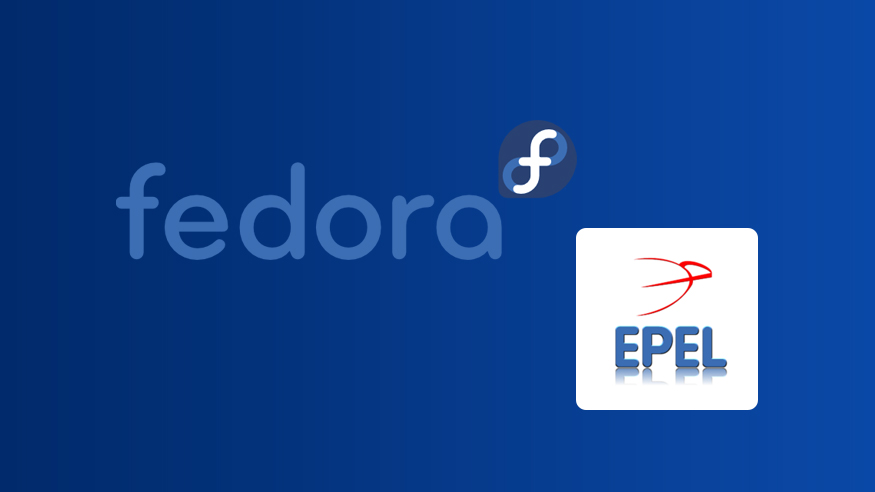
- #HOW TO INSTALL EPEL REPOSITORY ON REDHAT FEDORA INSTALL#
- #HOW TO INSTALL EPEL REPOSITORY ON REDHAT FEDORA ARCHIVE#
- #HOW TO INSTALL EPEL REPOSITORY ON REDHAT FEDORA SOFTWARE#
- #HOW TO INSTALL EPEL REPOSITORY ON REDHAT FEDORA DOWNLOAD#
This will create a directory named Python-3.9.6 in the current directory.
#HOW TO INSTALL EPEL REPOSITORY ON REDHAT FEDORA ARCHIVE#
Then, extract the archive file on your system: tar xzf Python-3.9.6.tgz
#HOW TO INSTALL EPEL REPOSITORY ON REDHAT FEDORA DOWNLOAD#
You can also download the latest version in place of the specified below.
#HOW TO INSTALL EPEL REPOSITORY ON REDHAT FEDORA INSTALL#
sudo yum install gcc openssl-devel bzip2-devel libffi-devel zlib-devel Step 1 – Download Python 3.9ĭownload Python using following command from python official site.

Now, use the following command to install prerequisites for Python before installing it. Login to your server using ssh or shell access. This Python installation required the GCC compiler on your system.

We will compile Python from the source code. This tutorial will help you to install Python 3.9 on CentOS/RHEL 7 & Fedora systems. The new version comes with multiple new features and security updates. You can download it from its official pages. Write out the below-given command to install EPEL’s latest release on your CentOS system.Recently, the Python development team released the latest stable version of Python 3.9.

EPEL shares so much of Fedora’s architecture, including the Bugzilla instance, build system, mirror manager, updates manager, and more. EPEL packages are mostly based on Fedora, which means that these packages will never replace or conflict with packages in Enterprise Linux systems.

#HOW TO INSTALL EPEL REPOSITORY ON REDHAT FEDORA SOFTWARE#
These packages could be software that is not part of the core repository or updates which are not released yet. Installing and enabling this repository will permit you to use ordinary tools such as dnf and yum to install dependencies and related packages.ĮPEL is responsible for developing, managing, and maintaining a high-quality set of extra packages. The EPEL group administers the EPEL repository. What is the EPEL repository?ĮPEL, which stands for Extra Packages for Enterprise Linux, is a repository developed by Fedora developers that delivers additional packages for CentOS, RHEL, and other Linux distributions. The purpose of this repository was to make the software more accessible on Enterprise Linux compatible distributions. Fedora developers wanted to use the packages they maintain on RHEL/CentOS that’s how they got the idea to develop the EPEL repository. The EPEL repository is a separate package repository that is utilized to install packages for frequently used software.


 0 kommentar(er)
0 kommentar(er)
